Short-of-breath, weak, in pain. Cancer; aggressive, cold, unfair, ravaged Roger’s body. But maybe, just perhaps, there was a modern medical miracle. A drug. A single daily pill to attack the genetic growth switch in each malignant cell. Only, there was a problem. Not a big problem, really, but possibly fatal. The kind of real life annoyance of living in a modern medical miracle society. The co-pay cost to Roger was $3167… every month.
Short-of-breath, weak, in pain. Cancer; aggressive, cold, unfair, ravaged Roger’s body. But maybe, just perhaps, there was a modern medical miracle. A drug. A single daily pill to attack the genetic growth switch in each malignant cell. Only, there was a problem. Not a big problem, really, but possibly fatal. The kind of real life annoyance of living in a modern medical miracle society. The co-pay cost to Roger was $3167… every month.
Just dollars, you say? Roger was on disability and had drained his savings on surgeons, oncologists, radiologists and food. Also, he was hospitalized. With pneumonia. In an intensive care unit. Bedridden. Connected to monitors, IVs and oxygen. And, alone; he had no family support.
Roger could not fight with the insurance company (who was unwilling even to consider payment for their part of the cost, while he was in the hospital), beg friends for cash, or go to the drug store to pick up pills. The coup-de-gras? The total cost of the drugs was so high that the hospital did not have it on their formulary. Over $12,000 a month was too expensive for the hospital to afford.
It started with one of my partners. He discussed the case with one of our nurses. She was upset. She mentioned the situation to a patient of ours, who had the same cancer. Not with any goal, mind you, just “well, you are so lucky that the modern miracle medicine you are taking is working …” That patient became upset, too.
So, he gave the nurse five pills … enough for five days. He called a friend, who had the same disease, who had taken the miracle medicine a couple months ago. He donated the 11 pills left over in his bedside drawer.
And so on. A support group heard about the case. They donated eight pills. And so on. Six from Sam. Ellen, two. Ron seven pills … or was it nine? And so on. Within days, there at the bedside, in the bottle labeled “donations,” was a modern medical gift. 47 pills from strangers. None of them knew Roger. They would never meet. However, they knew the disease. They knew fear. They knew suffering. They knew about hope.
I believe in pharmaceutical chemistry and astonishing advances in molecular medicine and genetic science. I believe that at the bench, in laboratories and in academic breakthroughs, lie the cure for the dread disease. However, the real miracles are not in the test tube, not in modern alchemy, but in our hearts and the love that we give to our fellow man.


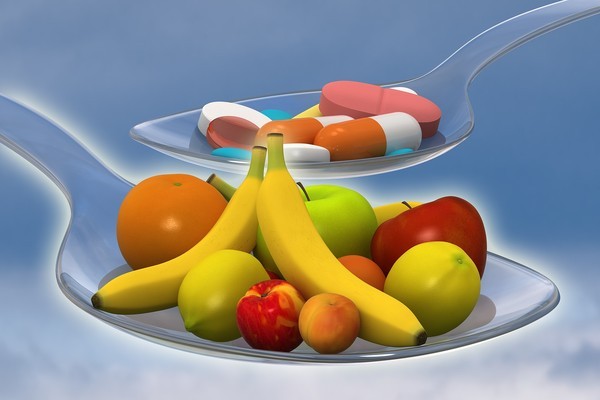
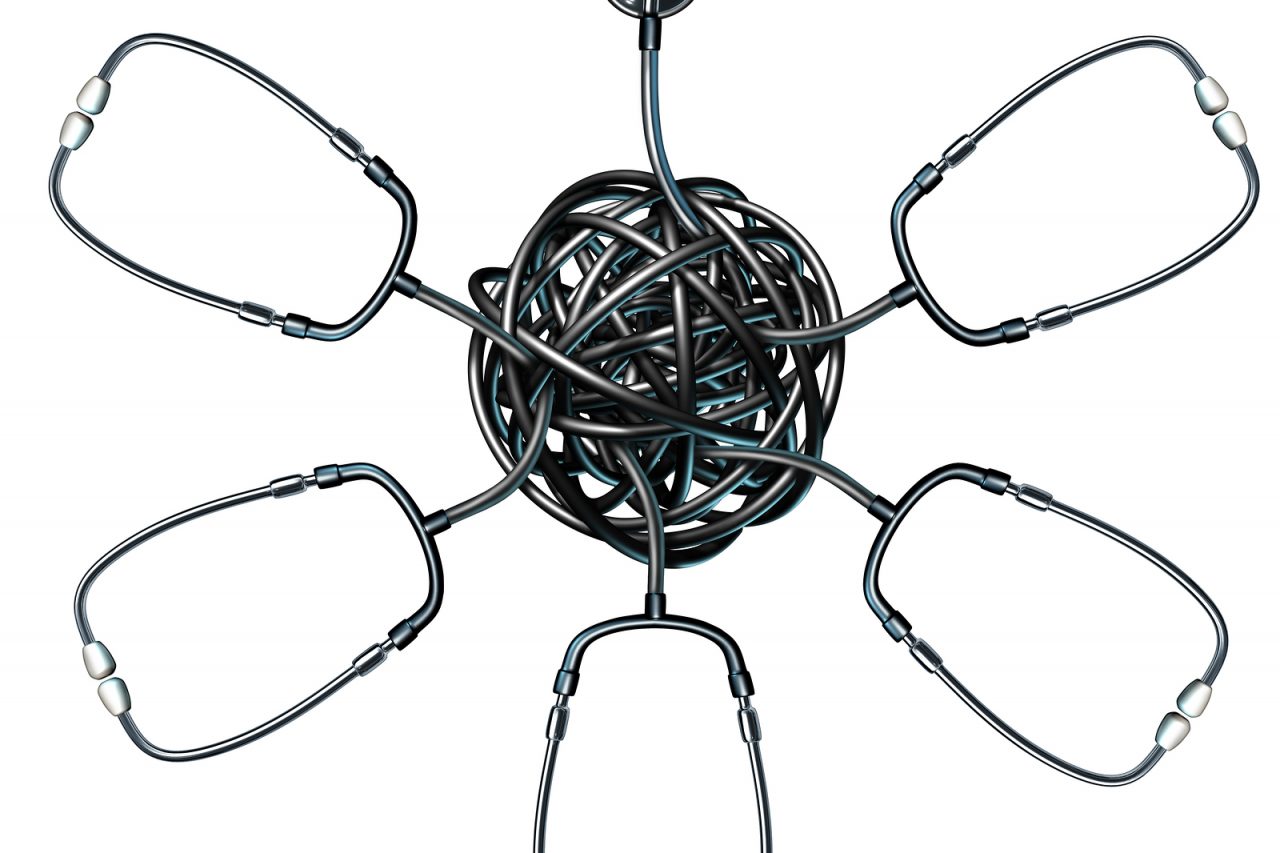
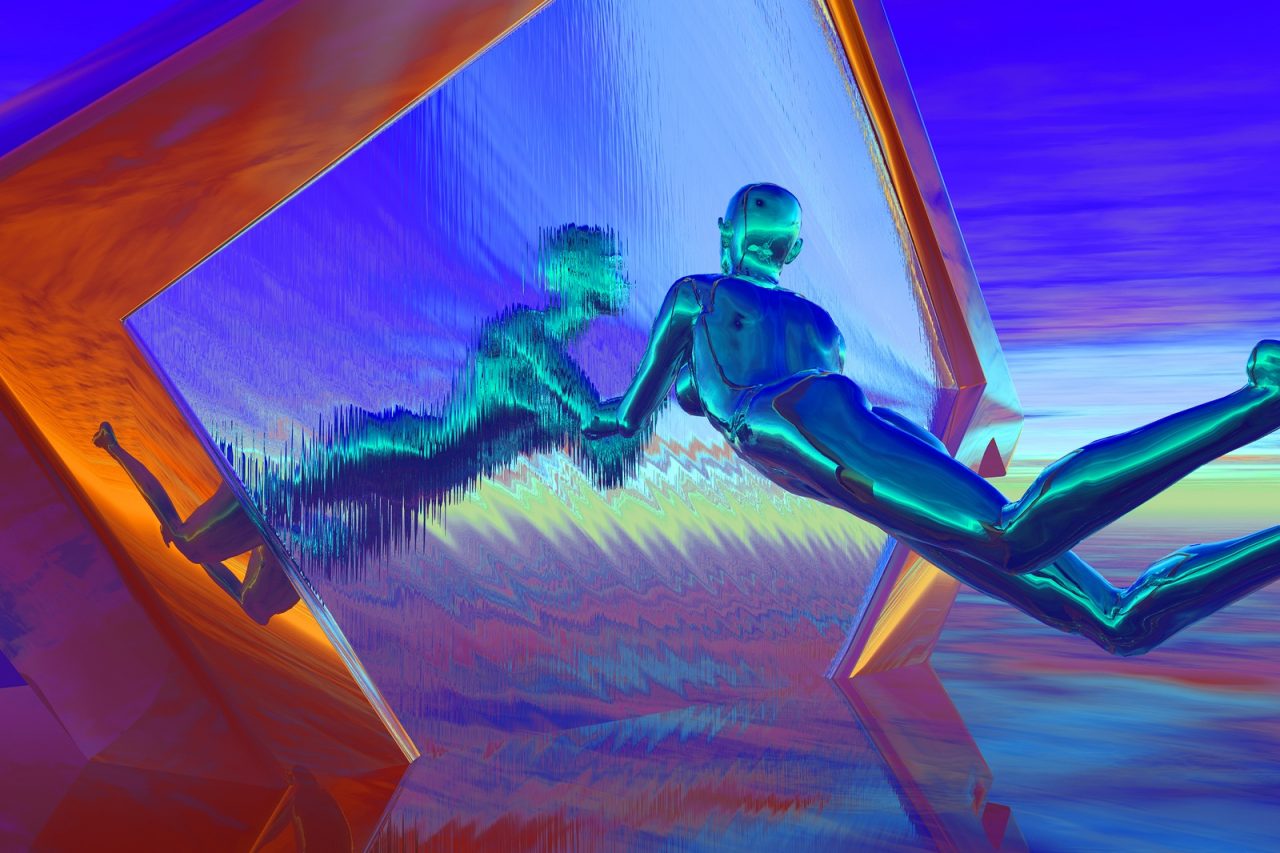
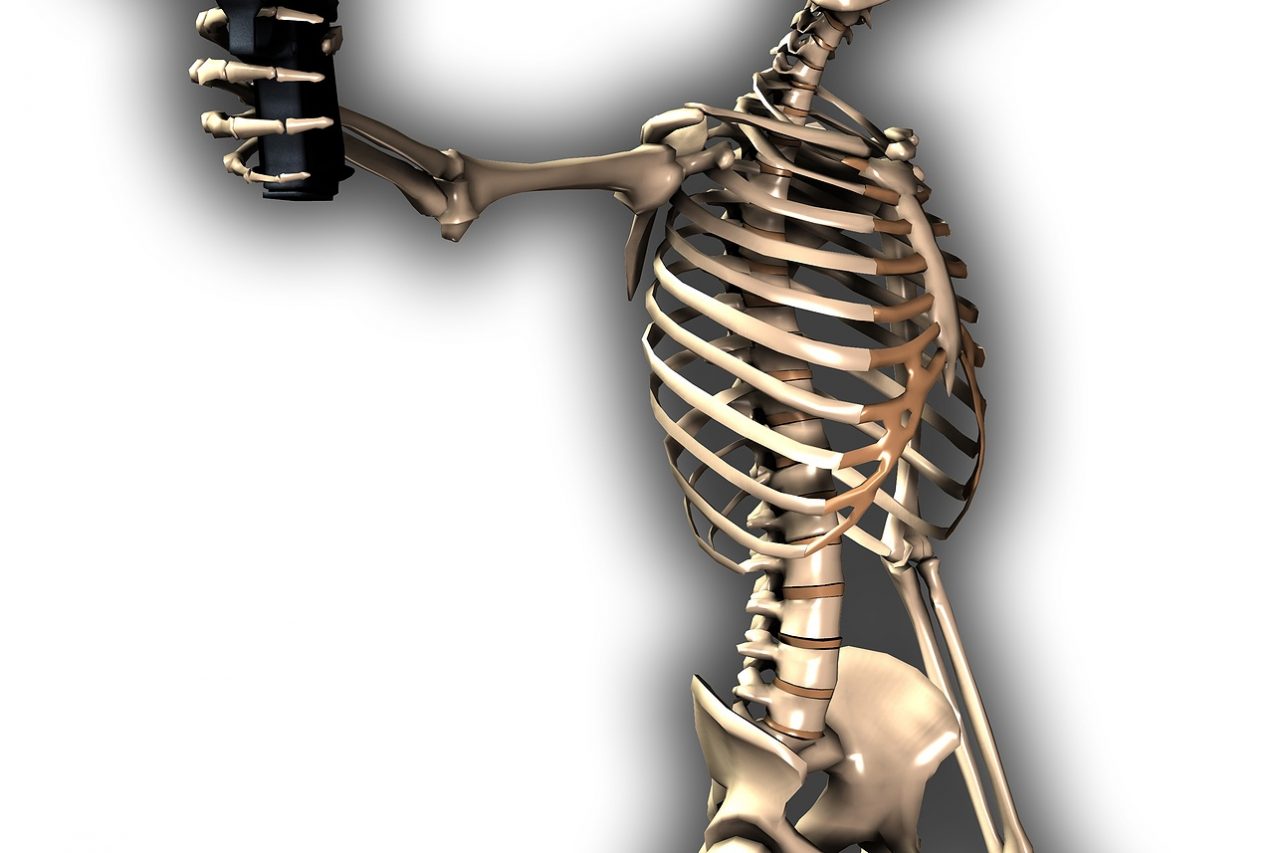
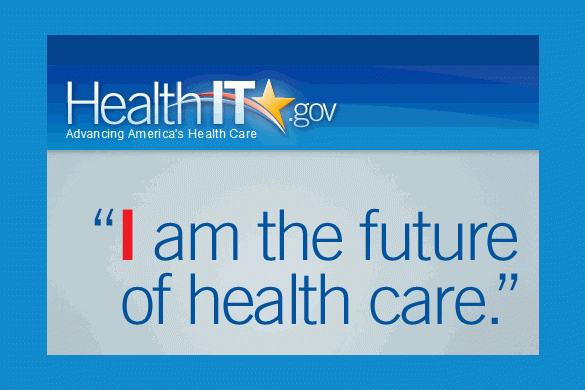
22 Comments